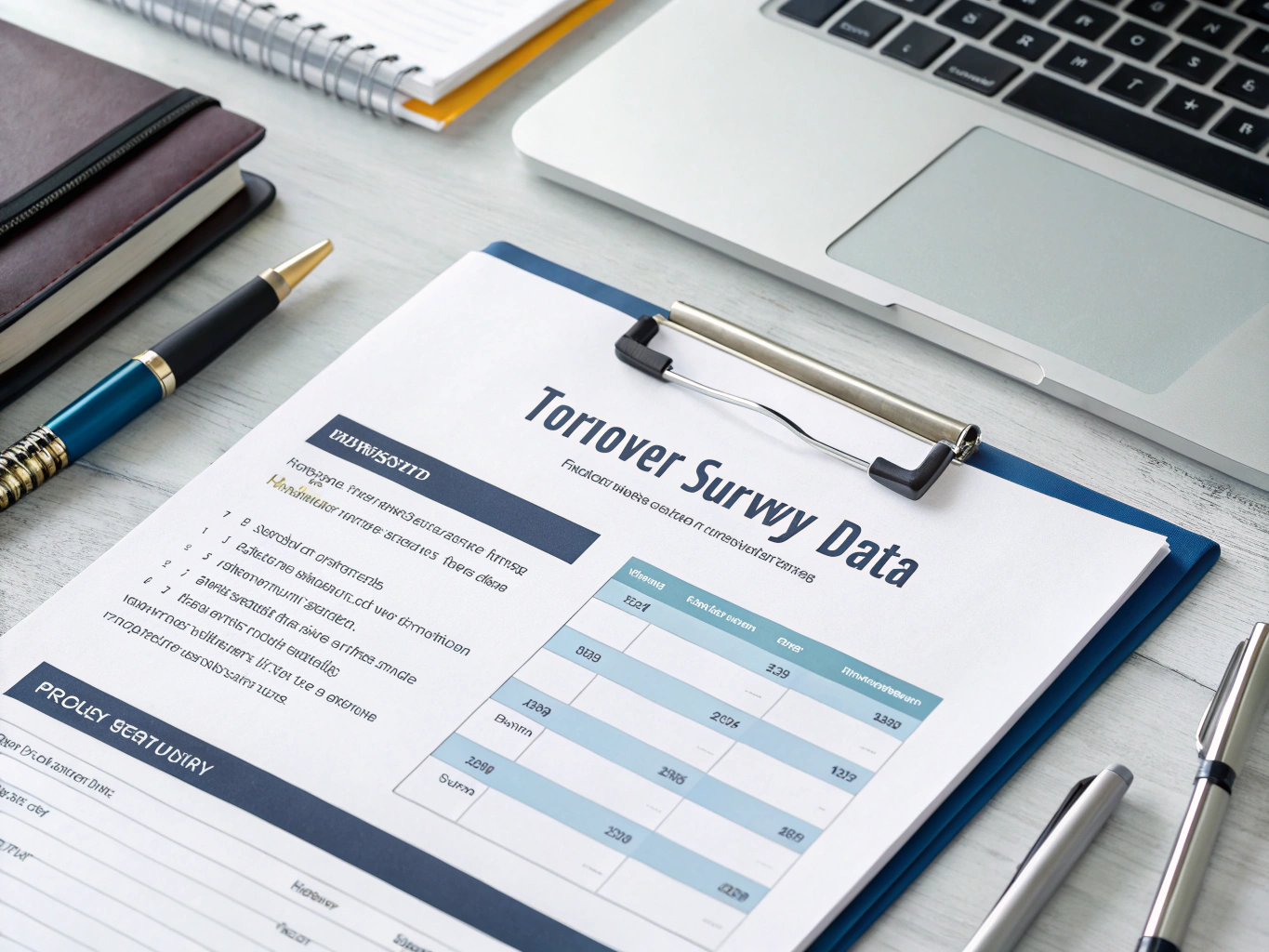What is an Employee Benefits Survey?
An Employee Benefits Survey is a structured tool designed to gather feedback from employees regarding the benefits offered by your organization. It aims to understand employees’ satisfaction levels, awareness of available benefits, and their preferences for additional offerings. This survey is particularly useful when you want to assess the effectiveness of your current benefits package and identify areas for improvement.
Template
Below is a template you can customize for your organization’s needs:
Employee Benefits Survey
Purpose and Benefits
The primary purpose of the Employee Benefits Survey is to collect employee insights that can help you refine your benefits offerings. By understanding employees’ experiences and expectations, you can create a more attractive and effective benefits package. Here are some key benefits:
- Improved Employee Satisfaction: By addressing the feedback received, you can enhance job satisfaction and retention.
- Informed Decision-Making: Data from the survey allows you to make strategic decisions regarding benefits that align with employee needs.
- Increased Engagement: Involving employees in the benefits conversation fosters a culture of inclusivity and engagement.
- Competitive Advantage: A well-structured benefits package can attract top talent and keep your organization competitive in the job market.
Essential Components
To create an effective Employee Benefits Survey, ensure the following components are included:
- Satisfaction Questions: Include specific statements to gauge employee satisfaction with existing benefits.
- Awareness Check: Assess whether employees are fully aware of the benefits available to them.
- Open-Ended Feedback: Allow space for suggestions and comments to capture qualitative insights.
- Demographic Information: Optional demographic questions can help analyze trends by employee segments.
How to Use This Form
Implementing the Employee Benefits Survey effectively requires careful planning and execution. Here are some practical steps:
- Communicate the Purpose: Explain to employees why their feedback is valuable and how it will be used.
- Ensure Anonymity: To encourage honest feedback, assure employees that their responses will remain confidential.
- Set a Deadline: Provide a clear timeline for when the survey must be completed to facilitate timely analysis.
- Analyze Results: After collecting responses, analyze the data to identify trends and actionable insights.
Legal and Compliance Considerations
When conducting an Employee Benefits Survey, it is crucial to consider legal and compliance aspects. Ensure that the survey respects employee privacy and complies with any applicable data protection laws, such as GDPR or local employment regulations. Avoid collecting sensitive personal information unless necessary and always provide an option for anonymity.
Best Practices
To maximize the effectiveness of your Employee Benefits Survey, consider the following best practices:
- Keep it Concise: Limit the number of questions to maintain engagement and increase response rates.
- Use Clear Language: Ensure questions are straightforward and easily understood to avoid confusion.
- Follow Up: After analyzing results, communicate findings and any subsequent actions taken to employees to demonstrate that their input is valued.
- Regularly Update the Survey: Schedule regular intervals for conducting the survey to adapt to changing employee needs and market trends.




